Your Premier Roofing Contractor in New London County
Your Premier Roofing Contractor in New London County
Transforming Homes with Quality Roofing Services
About Us
Sullivan Contracting, Your Local Roofing Specialists
Elevating Excellence, One Roof at a Time, with Unparalleled Craftsmanship and Dedication
At Sullivan Contracting, we pride ourselves on being the premier roofing contractor in New London County, CT. With years of experience under our belts, we have refined our skills to offer unparalleled roofing services. Our team of certified roofers is dedicated to delivering top-notch craftsmanship and reliable solutions for every roofing need.
From residential to commercial projects, our commitment to excellence and customer satisfaction is evident in every shingle we lay and every roof we transform.
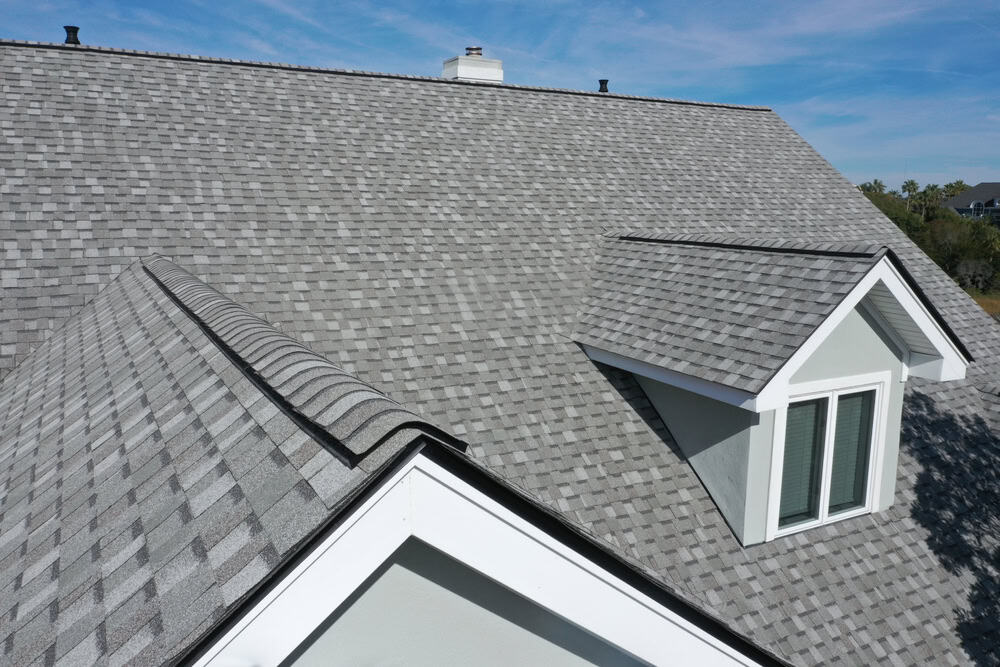
Service Overview
Customized Roofing Services Tailored to Your Unique Needs
Sullivan Contracting offers various roofing services to meet your needs, each designed carefully. Here’s what we can do for you:
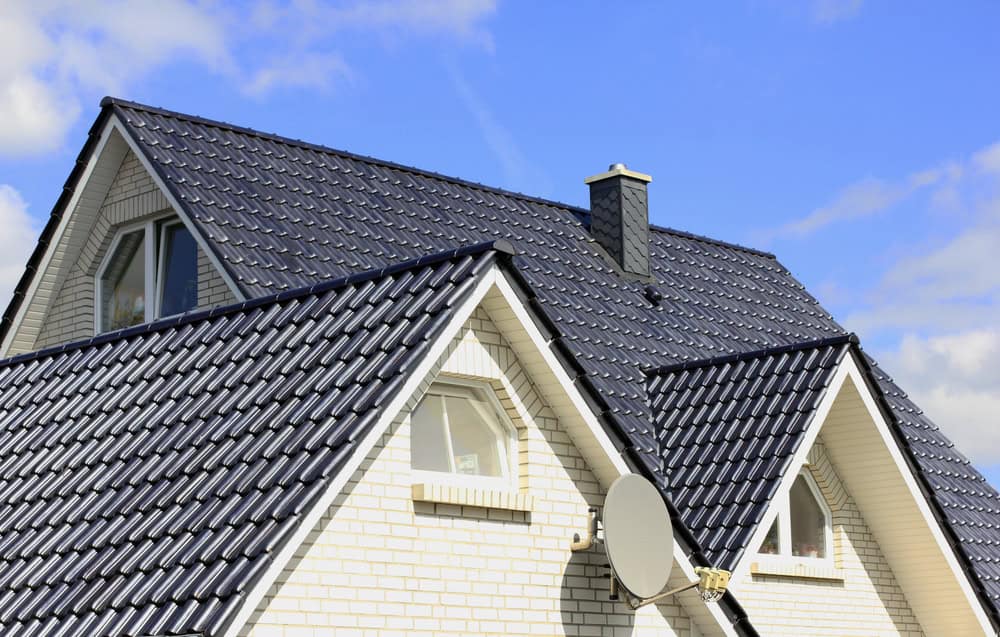
Roofing
Experience top-tier roofing services, meticulously tailored to your needs. Our skilled team delivers lasting protection for your home or business through reliable installations and repairs
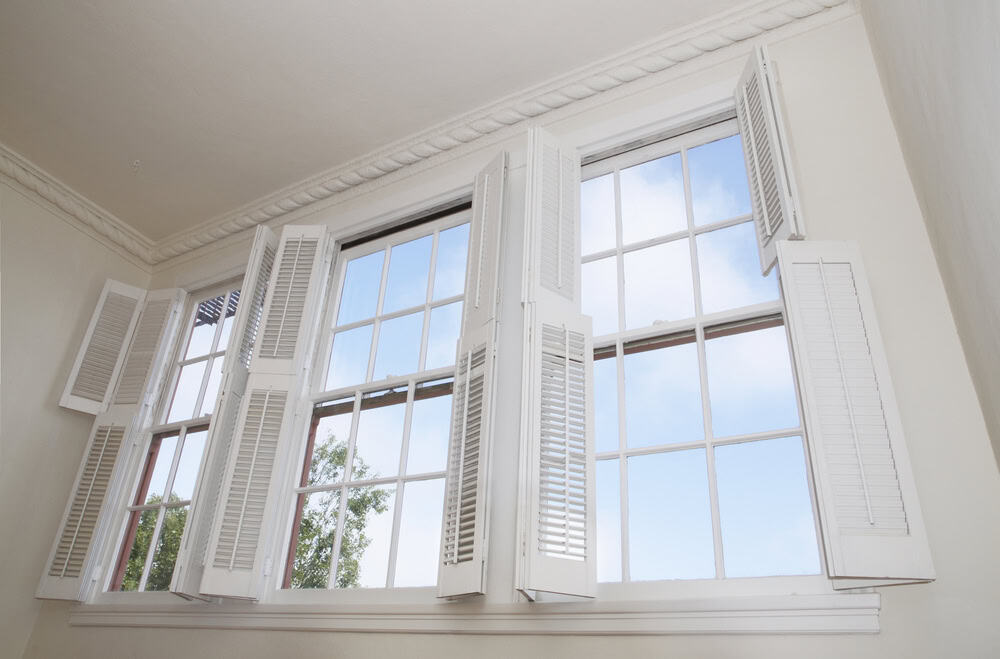
Windows
Elevate your property’s ambiance with our expert window solutions. From precision installations to energy-efficient upgrades, our team delivers enhanced comfort and style for your home or business.
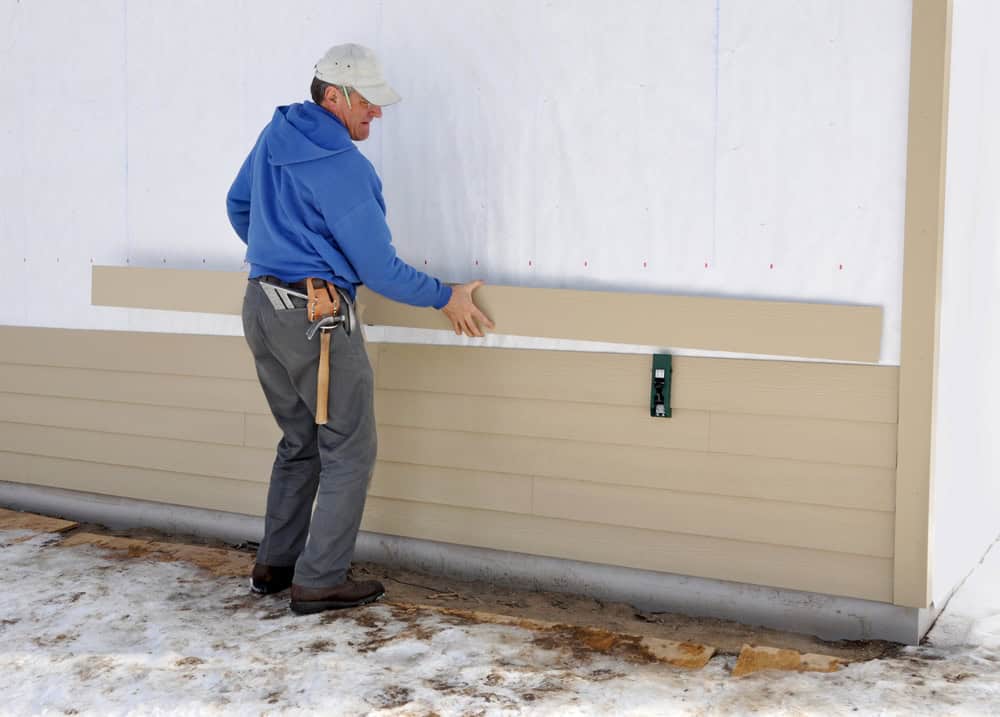
Vinyl Siding
Transform your property’s exterior with our comprehensive siding solutions. From durable installations to a wide range of styles, our team ensures superior protection and appeal for your home.
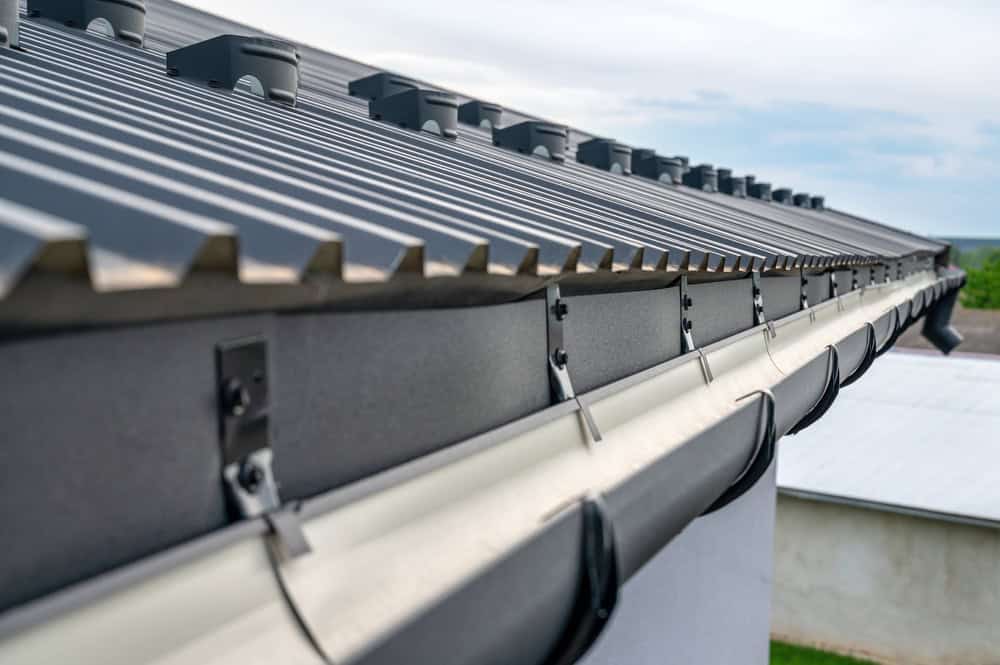
Gutters Installation
Keep your property protected with our professional gutter solutions. From seamless installations to efficient maintenance, our team ensures effective water management
Benefits of Choosing Sullivan Contracting
Our Streamlined Roofing Process
We believe in a transparent, customer-centric approach to roofing. Our process begins with a detailed consultation to understand your needs and preferences. Following this, our expert roofers conduct a thorough assessment to recommend the best solutions. We then provide a clear, detailed quote, ensuring you have complete insight into your project.
Once approved, our skilled team gets to work, prioritizing efficiency and minimal disruption to your daily routine. Post-completion, we conduct a final inspection to guarantee your absolute satisfaction.
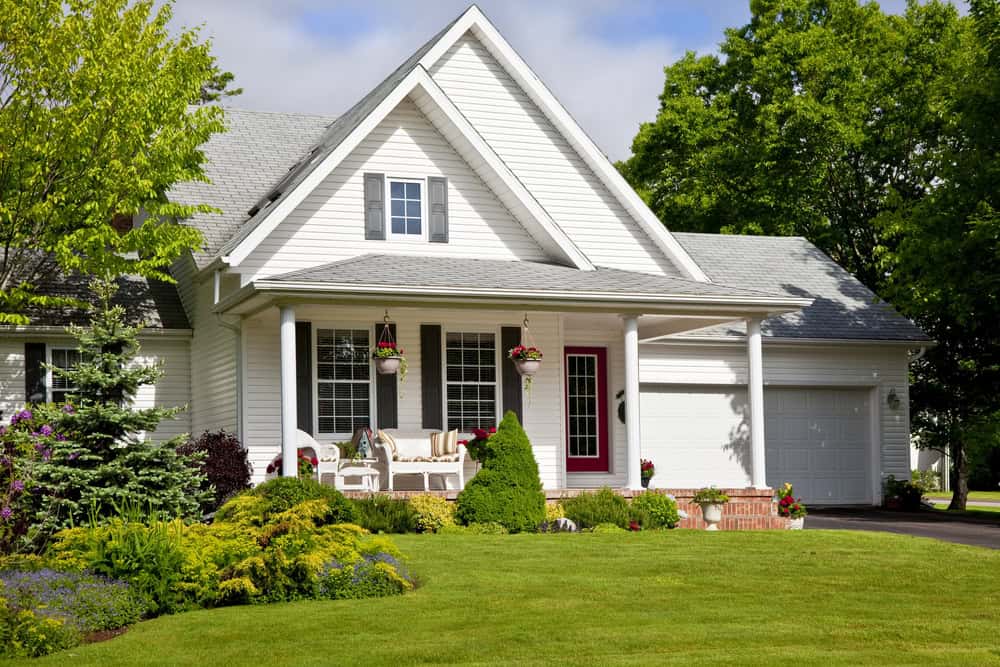
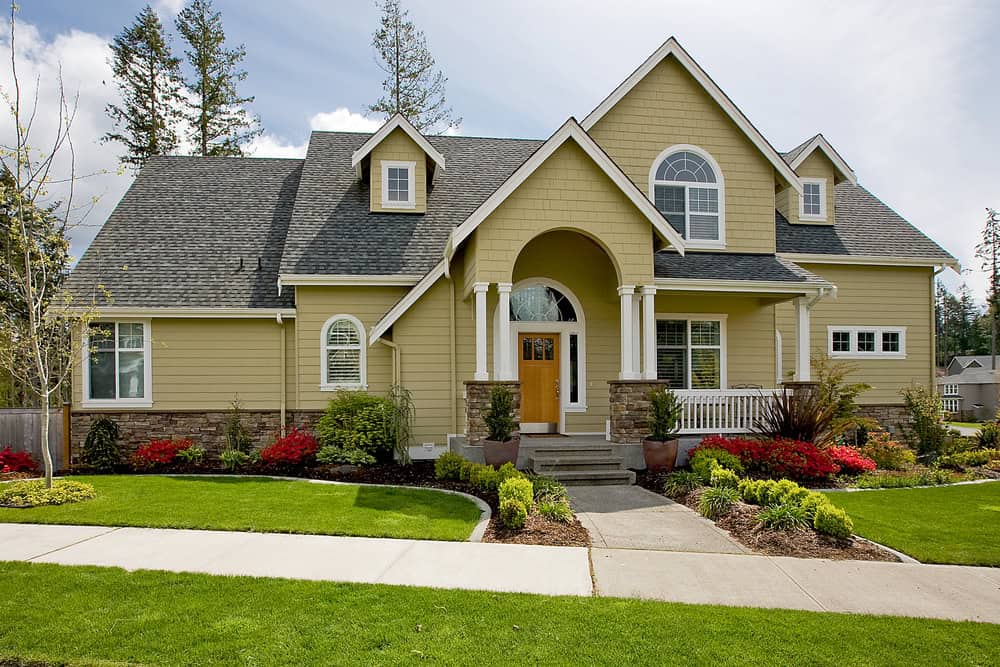
Why Choose Us
Why Sullivan Contracting Stands Out
Choosing Sullivan Contracting means partnering with a roofing contractor that values integrity, quality, and customer satisfaction. We stand out due to our commitment to using only high-quality materials, ensuring longevity and performance. Our team’s continuous training keeps us ahead in the latest roofing techniques and technologies.
Moreover, our local expertise in New London County guarantees personalized solutions catering to your needs. We’re not just roofers; we’re your neighbors committed to building a stronger community, one roof at a time.
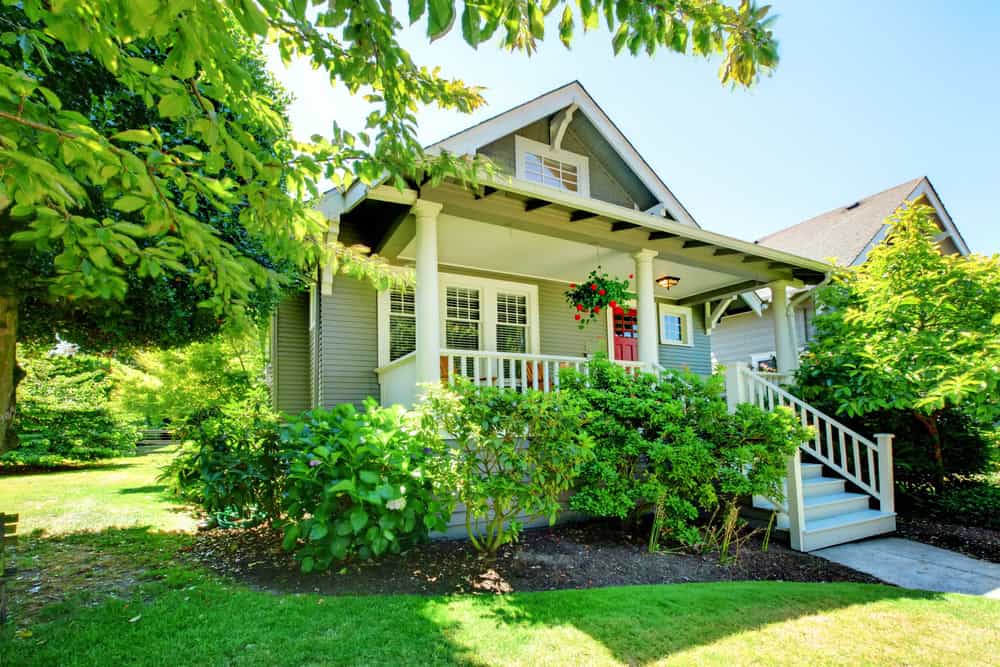

Our Value
The Sullivan Contracting Difference: Value Beyond Roofing
At Sullivan Contracting, we understand that a roof is more than just a shelter; it’s a long-term investment in your property. Our approach to roofing focuses on delivering value that extends beyond the mere installation. We offer competitive pricing, robust warranties, and unparalleled customer service. Our commitment to sustainability and energy-efficient roofing options reflects our dedication to the future of our community and the planet.
Experience the peace of mind that comes with a roof that’s built to last, backed by a team that cares.
Our Commitment: Safe, Certified, and Customer-Approved
Fully Licensed and Insured
Rest assured, Sullivan Contracting brings peace of mind with every project, backed by full licensing and comprehensive insurance coverage.
Safety and Professionalism
Safety is our priority. We adhere to strict safety protocols and professional standards, ensuring a risk-free and smooth experience for our clients.
Customer Satisfaction Guaranteed
Our reputation is built on the smiles of our satisfied customers. We're not just building roofs; we're crafting lasting relationships based on trust and quality.
